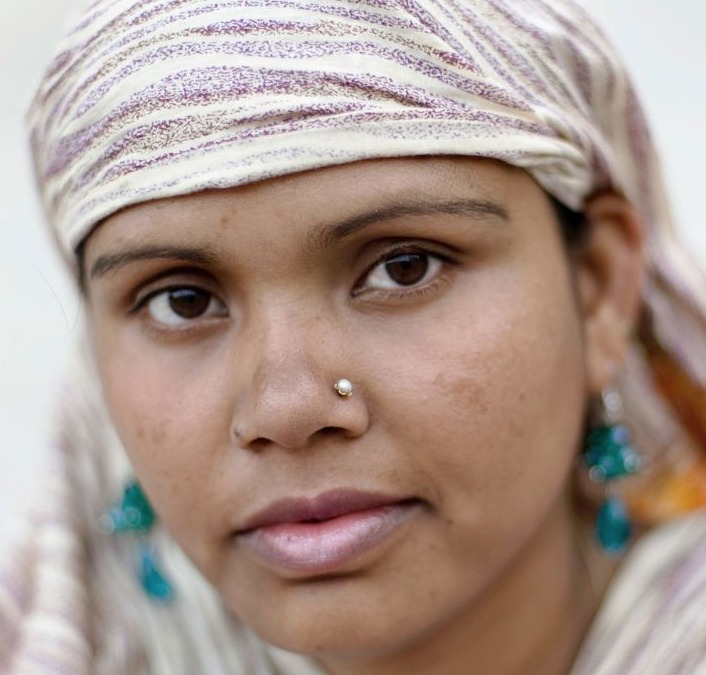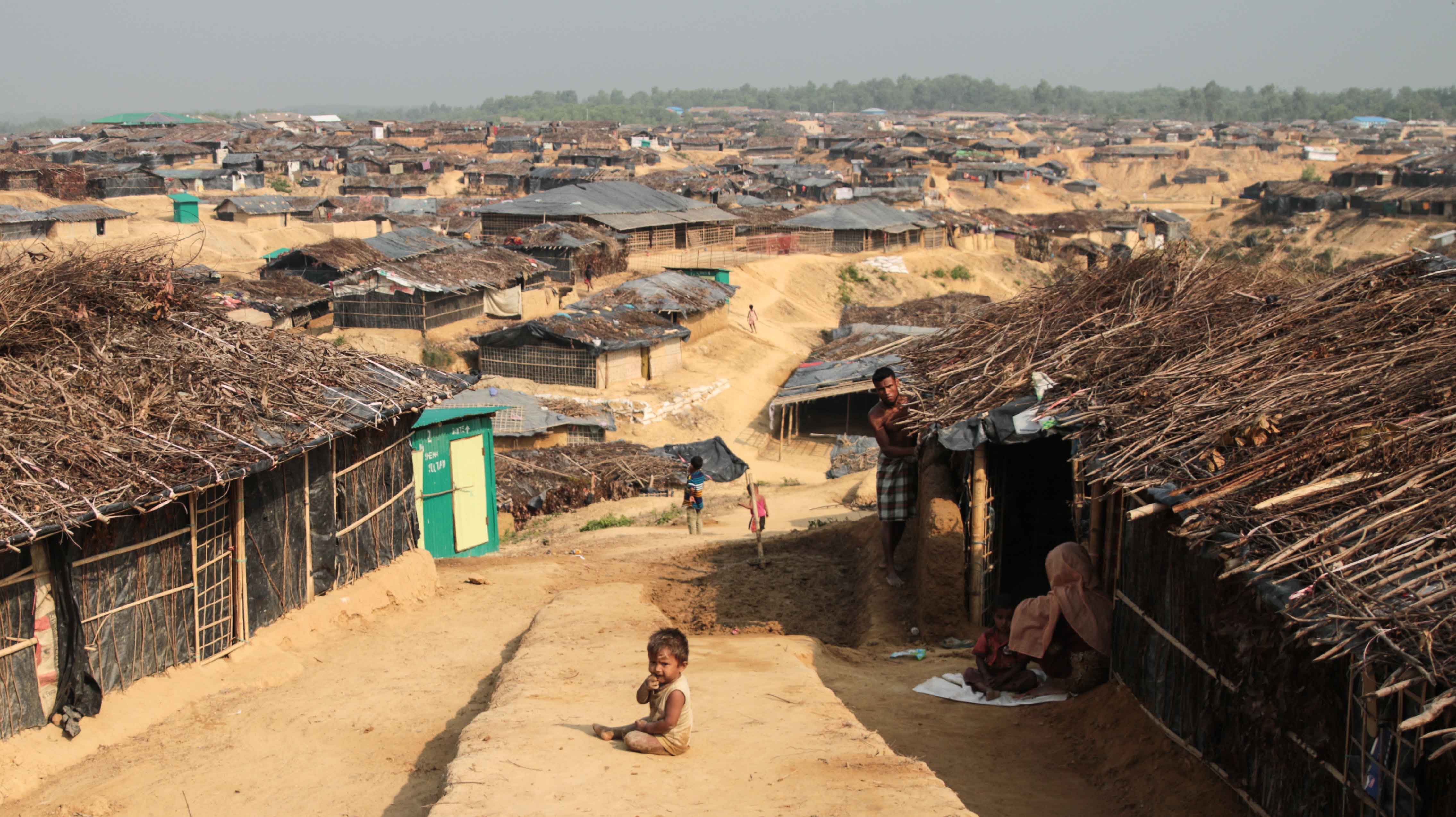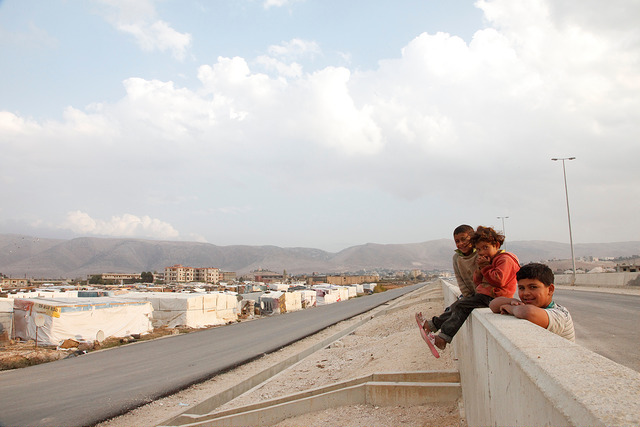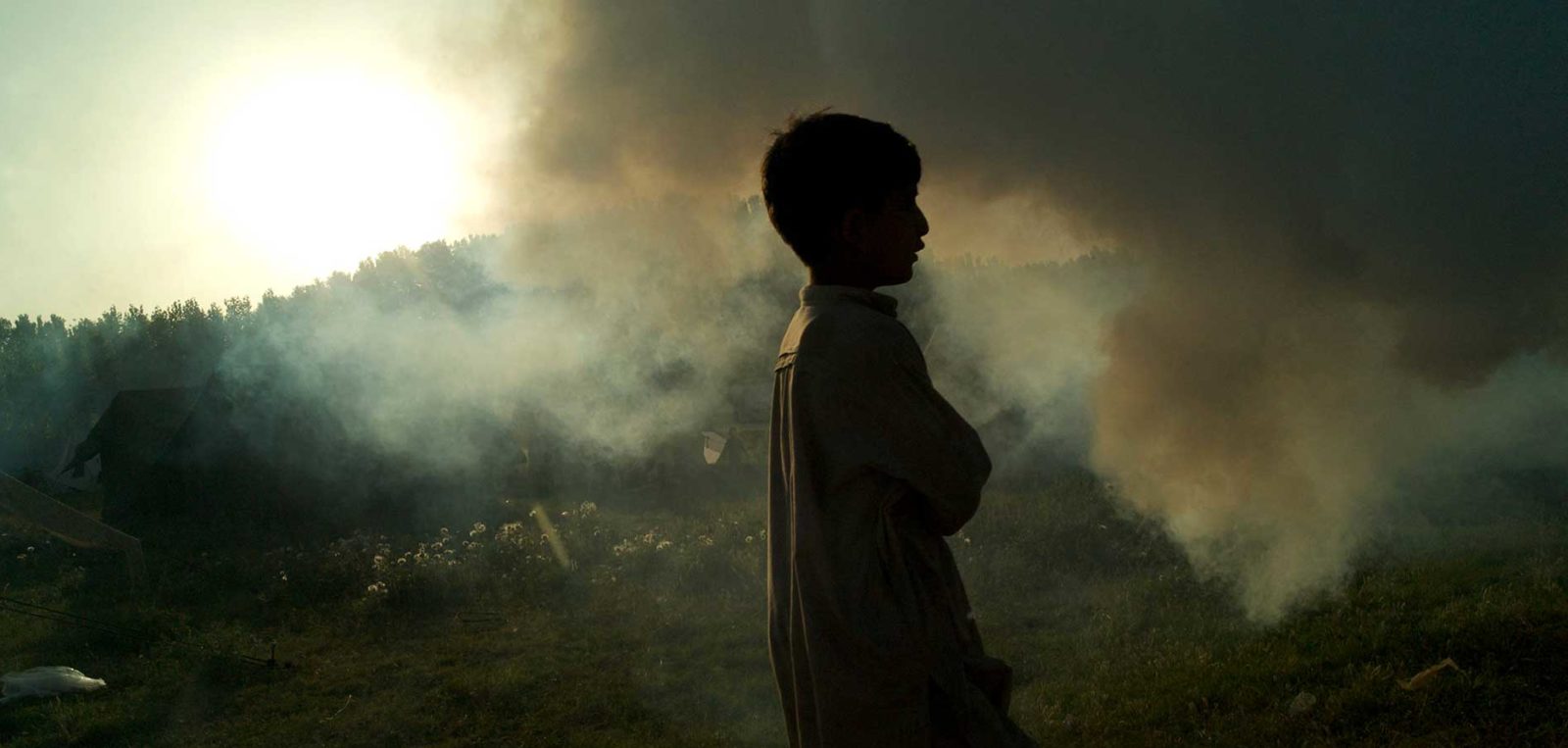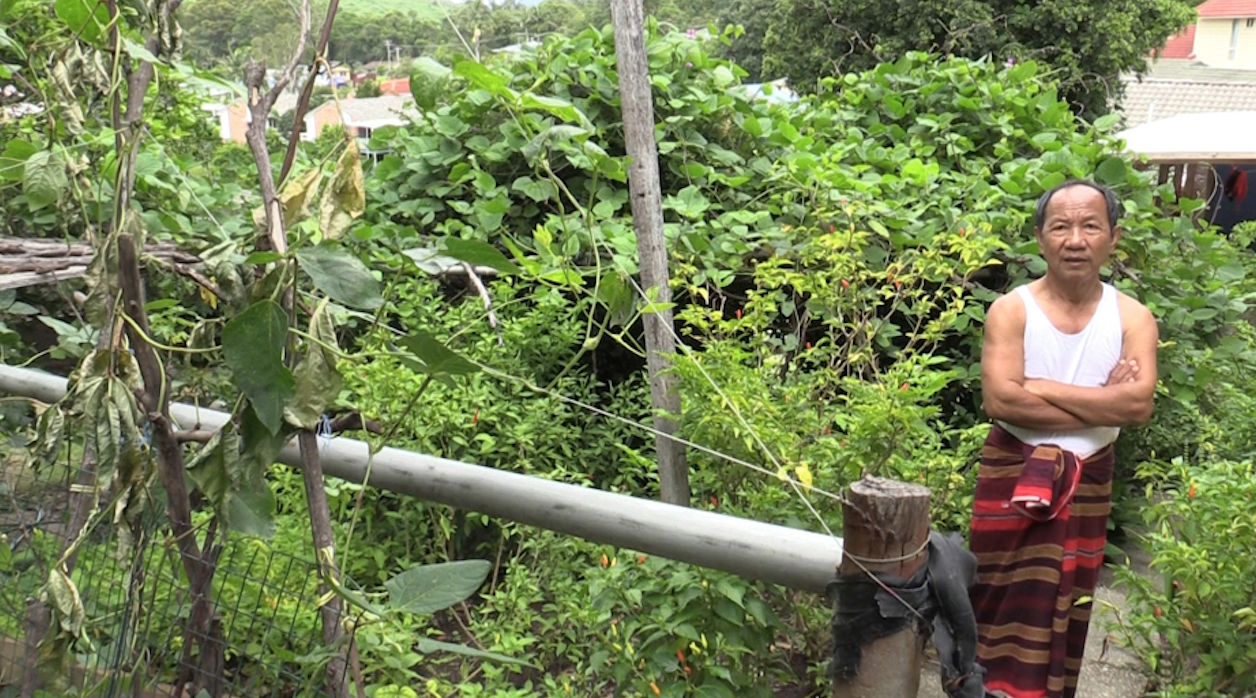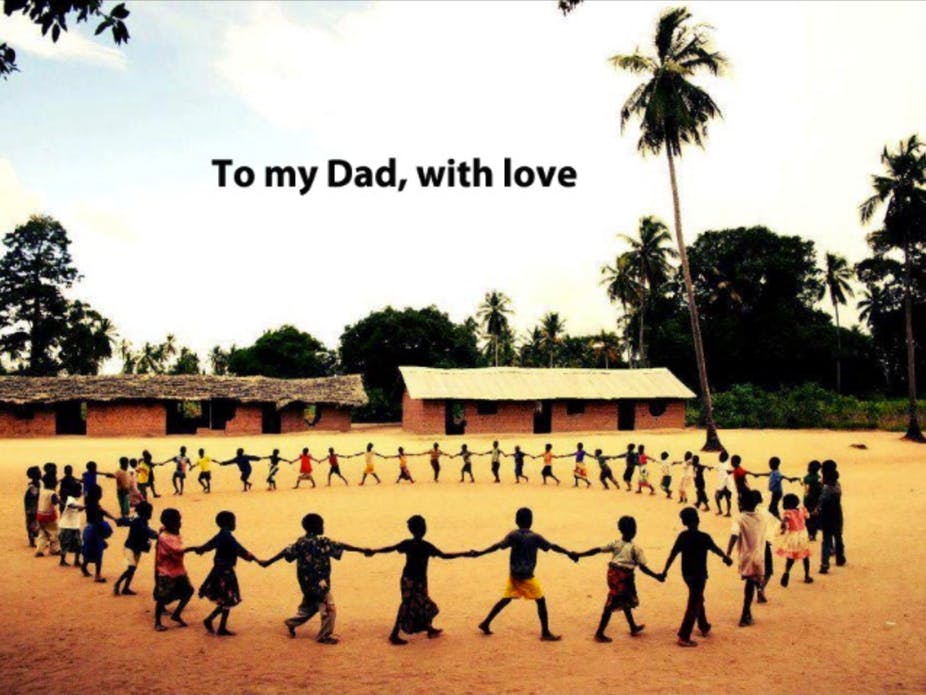22
Oct
Kaldor Centre for International Refugee Law Annual Conference
‘Refugee Diplomacy: Negotiating protection in a changing world’ – Kaldor Centre for International Refugee Law Annual Conference, 23 Nov 2018 Foreign policy bears directly on refugee policy. Today both policy agendas are feeling the twin pressures of nationalism and globalisation, and the long-prevailing rules based order is now contested. What does this mean for... Read More
15
Oct
Psychosocial-Oncology and Adolescents and Young Adults
As a psychologist, researcher and lived experience with cancer, I am keen to develop a program of research in psychosocial-oncology and particular in the area of psychosocial interventions and cancer to support adolescents and young adults impacted by familial cancer. While my research is about adolescents and young adults (AYAs) in general, those who are... Read More
11
Oct
Researchers for Asylum Seekers Interdisciplinary Conference
Thursday 15th November, 2018 9am – 5pm Yasuko Hiraoka Myer Room, Sidney Myer Asia Centre, University of Melbourne MAP BOOK NOW Conference Spotlight: Gender, Identity and Persecution The Researchers for Asylum Seekers Interdisciplinary conference is intended to accommodate postgraduate researchers – past and present – as well as practitioners and policy makers/advisors working in the field. Call... Read More
2
Oct
Extending a Collective Human Right to Address a Global Challenge: Self-determination for Refugees, Asylum Seekers and Internally Displaced Persons
Forced human displacement is one of the signal challenges of the twenty-first century. UNHCR has reported that, in 2017, 68.5 million people were forcibly displaced by conflict or persecution. This number includes 25.4 million refugees, 40 million internally displaced people and 3.1 million people seeking asylum. In addition, an average of 22.5 million people have... Read More
19
Sep
Achieving Change in Australian Refugee Policy: A Case Study in the Limits of Law and Political Activism?
In 2015, the Human Rights Law Centre, acting pro bono on behalf of a Bangladeshi woman (Plaintiff M68),[1] brought proceedings in the High Court seeking to challenge the legal validity of the regional processing arrangements. Plaintiff M68 had been detained at sea by Australian officials in early 2014 and taken to Nauru. In August 2014,... Read More
5
Sep
Book Review: “Refuge – Transforming a Broken Refugee System”, Alexander Betts and Paul Collier
“Refuge –Transforming a Broken Refugee System”, Alexander Betts and Paul Collier, Allen Lane imprint of Penguin Random House, 2017 This book seems very salient given the first asylum seeker boat in 5 years has made it to Australian shores. We see the same repetition of the asylum seeker politics of the recent decade – calls... Read More
23
Aug
“I should do work hard, day and night”: What can universities do to share the burden of ‘success’ with students from refugee backgrounds?
Written by: Evonne Irwin, Shelley Gower, Dr Sally Baker and Professor Jaya Dantas For people from refugee backgrounds, participating in education is a significant priority during and after their settlement [1,2,3] and for the last 20 years, increasing numbers of students from refugee backgrounds (SfRBs) have entered Australian universities. However, while these students willingly take... Read More
14
Aug
Refugee crisis: the immediate and lasting impacts of powerful images
Emma Thomas, Associate professor, Flinders University; Craig McGarty, Professor, Western Sydney University, and Laura G. E. Smith, Senior Lecturer in Social Psychology, University of Bath This article is about the power of emotive images to create social and political change. However, we have chosen not to display distressing images, including those of Aylan Kurdi, for ethical reasons. Recent images... Read More
7
Aug
How gardening can improve the mental health of refugees
After spending many years living in refugee camps, gardening can provide a safe space to establish identity, rebuild lives and attain happiness. A new study on the Myanmar former refugee community in the regional city of Coffs Harbour revealed the importance of gardening, and in particular how this connection has a positive impact on the... Read More
31
Jul
Refugee women use their voices through digital storytelling
Storytelling is innate to humans. For millennia, ever since cave paintings were used to record practices, storytelling in all its different forms and genres has contributed to rich cultural traditions from one generation to the next. Like people themselves, storytelling methods have changed over time. Digital storytelling is one such approach. Digital storytelling was originally... Read More


